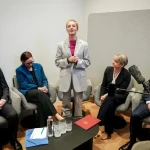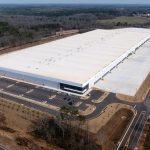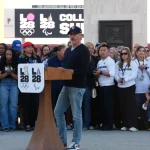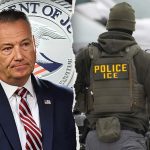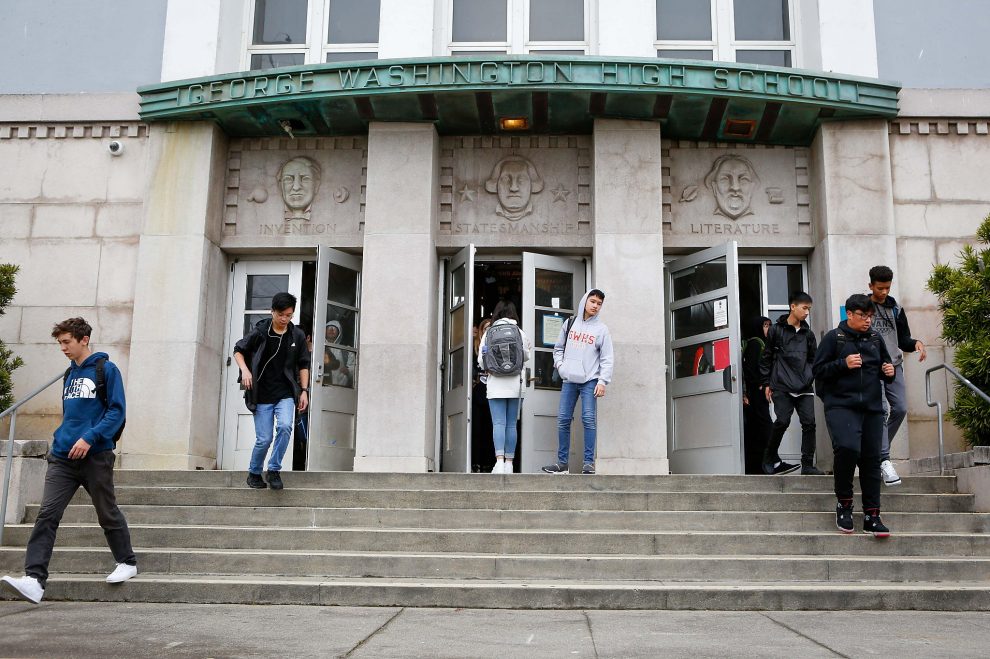Schools in San Francisco, California, will be stripped of names honoring famous American leaders deemed unworthy because of a connection to slavery or other unsavory ties, including Presidents George Washington, Abraham Lincoln and Thomas Jefferson.
John Muir, Francis Scott Key, and Catholic Priest Junipero Serra are also on the list.
In all, 44 school will be renamed, even as critics of the decision cite the committee tasked with picking the schools did not receive enough input from historians and a lack knowledge about the current school names.
“In one instance, the committee didn’t know whether Roosevelt Middle School was named after Theodore or Franklin Delano,” the San Francisco Chronicle reported.
And despite concerns that the city has more important issues to address, including the coronavirus pandemic, rampant drug overdoses, and an ongoing homelessness epidemic, the city’s school board believes it can handle multiple issues, including erasing history from the halls of education.
The Chronicle reported on the controversial move, which also includes stripping the school named after sitting Sen. Dianne Feinstein because as Mayor she replaced a Confederate flag that was vandalized at City Hall:
The months-long debate garnered national attention, with former President Donald Trump tweeting about it, stoking an ongoing culture war that has intensified in recent months.
Many San Francisco parents — as well as Mayor London Breed — argued the effort was ill-timed given the pandemic and the impact on children, especially students of color, and the fact that students are not even in the schools subject to renaming. Some criticized the board Tuesday for focusing on symbolism rather than the urgent reality facing struggling students, who are approaching a year in distance learning, with many struggling academically, socially and emotionally.
And the renaming is likely to be costly. It’s unclear how much the district will spend on new signage, repainted sports fields or gym floors, athletic, band or other uniforms, and other administrative costs. But based on other districts across the country, it could cost San Francisco at least $1 million to rename the 44 school sites and potentially significantly more. The district faces a significant budget deficit, which could reach $75 million next school year. The board’s Tuesday night agenda did not include items related to the academic or health impact on students or about reopening schools to the youngest or most vulnerable students.
Some of the school names have been opposed long before this cancel culture effort, including James Denman Middle School because Denman wanted to deny Chinese students a public education, and Adolph Sutro Elementary, named after a man who discriminated against blacks.
The board also unanimously voted to issue a formal apology to Native American families for “land theft and the pain and trauma caused by racist imagery, textbooks and mascots, while allocating $200,000 to the district’s American Indian Education program.”
The board will also require the school district to remove all Thanksgiving stereotypes such as headdresses, and to remove “misinformation” from textbooks, including that Pocahontas was a “willing and curious prisoner.”
The San Francisco school board voted to change the following school names:
Balboa High School, Spanish explorer Vasco Nunez de Balboa
Abraham Lincoln High School, U.S. president
Mission High School, Mission Dolores
George Washington High School, first U.S. president
Lowell High School, poet/critic James R. Lowell
James Denman Middle School, founder of first S.F. school
Everett Middle School, Edward Everett, American statesman
Herbert Hoover Middle School, U.S. president
James Lick Middle School, land baron
Presidio Middle School, S.F. military post
Roosevelt Middle School, Theodore or F.D., both U.S. presidents
Lawton K-8, U.S. Army officer Henry Ware Lawton
Claire Lilienthal (two sites), S.F. school board member
Paul Revere K-8, American Revolution patriot
Alamo Elementary, a poplar tree or the site of Texas Revolution battle
Alvarado Elementary, Pedro de Alvarado, conquistador
Bryant Elementary, author Edwin Bryant
Clarendon Elementary Second Community and Japanese Bilingual Bicultural Program, Edward Hyde, Earl of Clarendon, English politician
El Dorado Elementary, mythical City of Gold
Dianne Feinstein Elementary, U.S. senator and former S.F. mayor
Garfield Elementary, James Garfield, U.S. president
Grattan Elementary, William Henry Grattan, Irish author
Jefferson Elementary, Thomas Jefferson, U.S. president
Francis Scott Key Elementary, composer of “Star Spangled Banner”
Frank McCoppin Elementary, S.F. mayor
McKinley Elementary, William McKinley, U.S. president
Marshall Elementary, James Wilson Marshall, sawmill worker at Sutter’s Mill
Monroe Elementary, James Monroe, U.S. president
John Muir Elementary, naturalist
Jose Ortega Elementary, Spanish colonizer
Sanchez Elementary, Jose Bernardo Sanchez, Spanish missionary
Junipero Serra Elementary, Spanish priest
Sheridan Elementary, Gen. Philip Sheridan
Sherman Elementary, Gen. William Tecumseh Sherman
Commodore Sloat Elementary, John Sloat, Navy officer
Robert Louis Stevenson Elementary, author
Sutro Elementary, Adolph Sutro, S.F. mayor
Ulloa Elementary, Don Antonio de Ulloa, Spanish general
Daniel Webster Elementary, U.S. statesman
Noriega Early Education School, unclear
Presidio EES, S.F. military post
Stockton EES, Robert F. Stockton, Navy commodore.
Story cited here.

